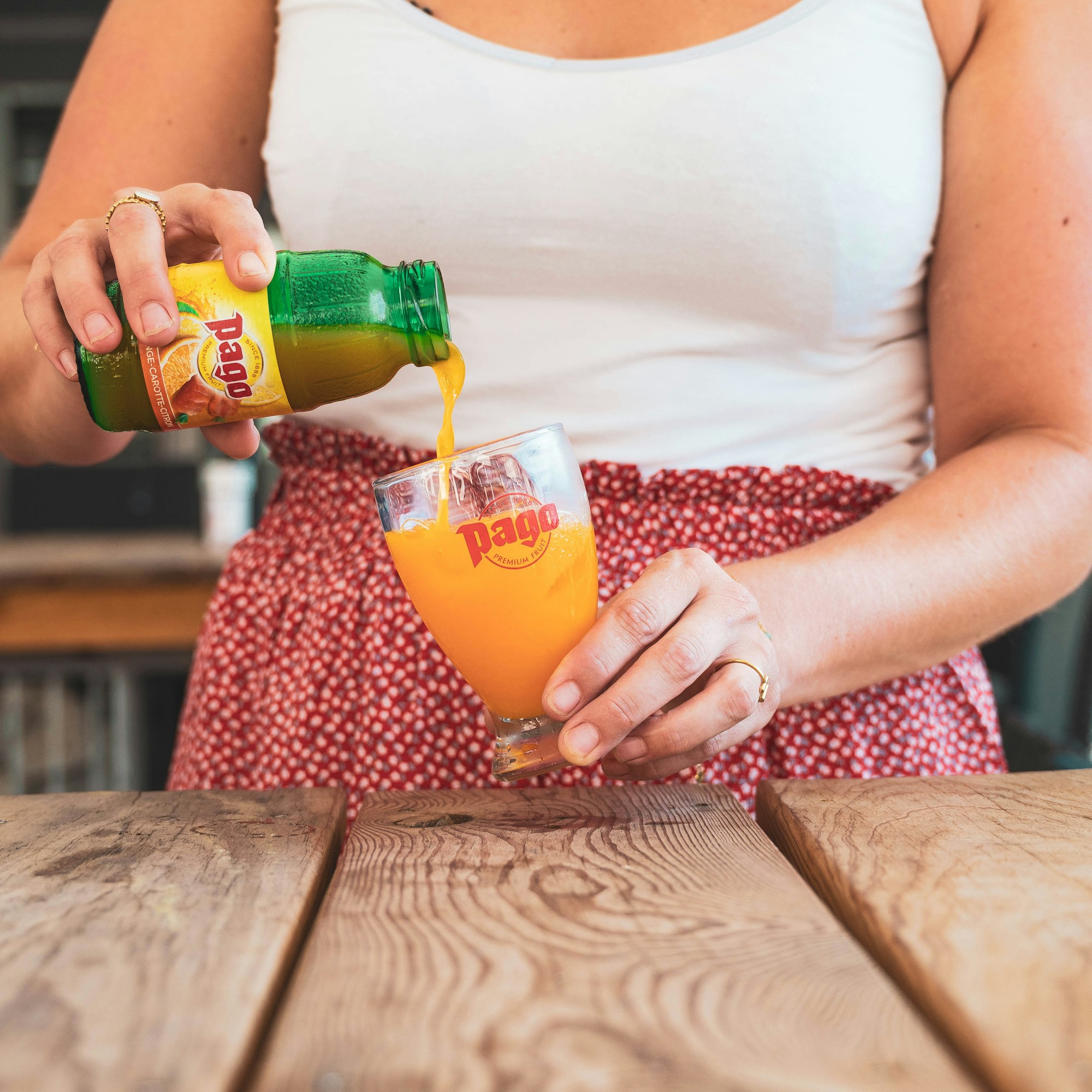Discover Pago Pago: Culture, Traditions & Festivals

Discover Pago Pago: Culture, Traditions & Festivals
Welcome to Pago Pago, the captivating capital of American Samoa! Located in the South Pacific Ocean, this tropical paradise is known for its vibrant culture, rich traditions, and lively festivals. Immerse yourself in the unique customs and celebrations of the Samoan people as you explore this hidden gem of a destination.
Culture:
The culture of Pago Pago is deeply rooted in the Samoan way of life. The locals, known as Samoans or 'Sāmoa o le Fale' (The Samoans of the House), embrace their heritage and are proud of their traditional customs. Family plays a central role in Samoan society, and you'll find a strong sense of community and respect for elders.
The traditional language spoken in Pago Pago is Samoan, although English is widely spoken as well. Take the opportunity to learn a few common phrases such as 'Talofa' (Hello) or 'Fa'afetai' (Thank you), and you'll be warmly welcomed by the locals.
Traditions:
Samoan traditions are deeply intertwined with daily life on the island. One of the most prominent traditions is the 'Aiga' or extended family system, which encompasses multiple generations living together and sharing responsibilities. Hospitality is highly valued, and visitors to Pago Pago can expect to be treated with warmth and generosity.
Another important tradition is the 'Siva Samoa,' a traditional Samoan dance. These dances often tell stories of historical events, genealogy, or myths, and are performed on special occasions and during cultural festivals. The intricate hand and body movements accompanied by the sounds of drums and singing create a mesmerizing experience.
Festivals:
Endless festivities await you in Pago Pago, with a calendar filled with colorful and vibrant festivals throughout the year. One of the most famous festivals is the 'Flag Day' celebration, held on April 17th to commemorate the day American Samoa became a U.S. territory. Festivities include parades, traditional dances, and cultural performances, showcasing the unique identity of the American Samoan people.
Another must-see event is the annual 'Teuila Festival,' a week-long extravaganza held in September. This festival celebrates Samoan culture through various activities such as traditional sports, arts and crafts exhibitions, tattooing, and freshly prepared Samoan cuisine. Experience the lively atmosphere and immerse yourself in the vibrant traditions of the Samoan people.
Pago Pago is also known for its Fire Knife Dancing competitions, where skilled performers showcase their mastery of this exhilarating art form. The dances are performed with a knife set ablaze, creating a thrilling spectacle that will leave you in awe.
Explore Pago Pago:
Pago Pago offers a myriad of attractions for the intrepid traveler. Start your exploration by visiting the National Park of American Samoa, where you can witness lush rainforests, stunning waterfalls, and breathtaking vistas. Hike through the trails and be rewarded with panoramic views of the island and its surrounding waters.
Take a trip to the Pago Pago Harbor, a natural deepwater port known for its picturesque beauty. Enjoy a leisurely stroll along the marina, watch the local fishermen at work, and soak in the tranquil ambiance of the harbor.
For history enthusiasts, the Jean P. Haydon Museum is a must-visit. Discover the rich history and cultural heritage of American Samoa through a captivating collection of artifacts, photographs, and exhibits.
Don't forget to indulge in the local cuisine, which combines flavors from Polynesia and the Pacific. Try the renowned 'Palusami,' a traditional dish made from luau leaves, coconut cream, and onions, or savor the delicious taste of fresh seafood straight from the Pacific Ocean.
Wrap up your Pago Pago experience by partaking in a traditional 'Ava Ceremony,' where you'll have the opportunity to taste the ceremonial drink made from the roots of the Ava plant. This sacred ceremony is a significant part of Samoan culture and showcases the importance of respect and tradition.
